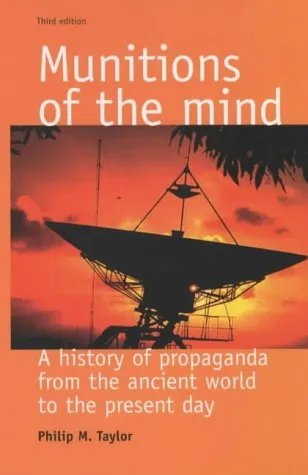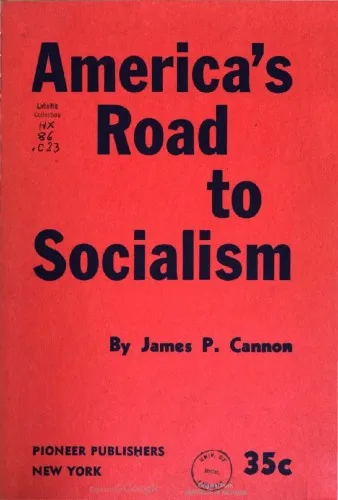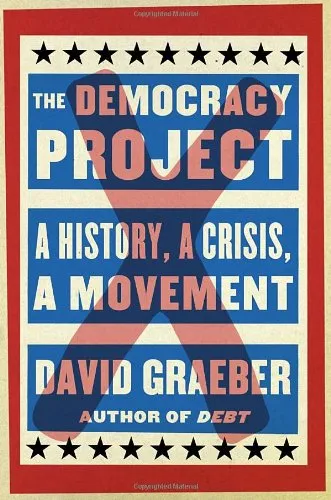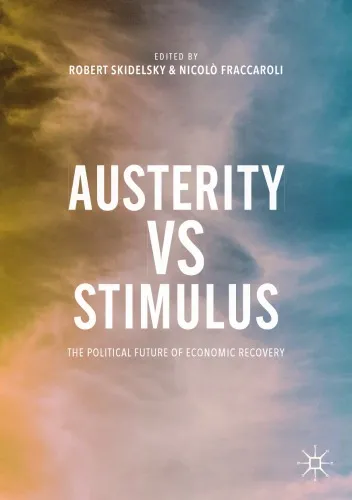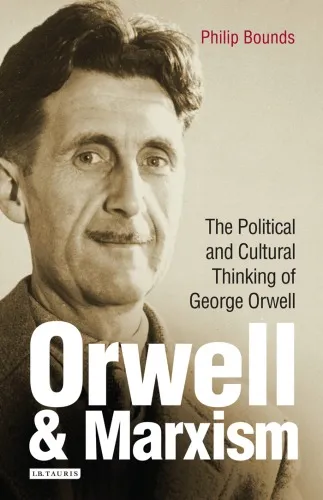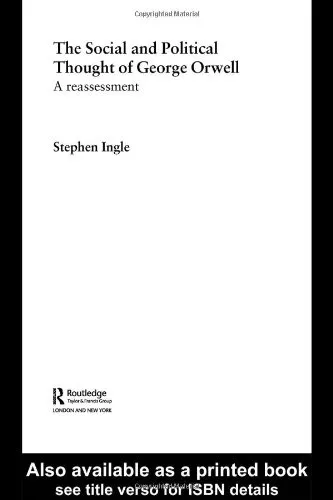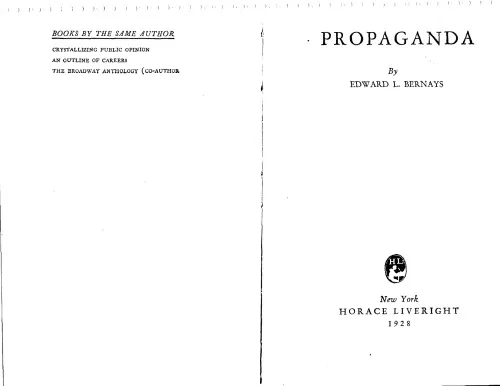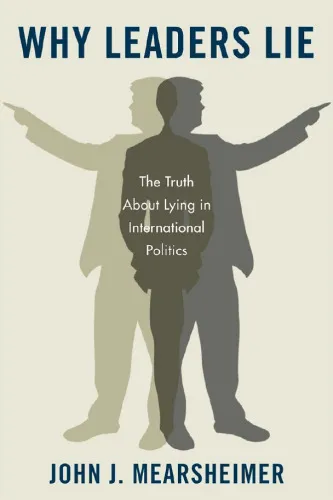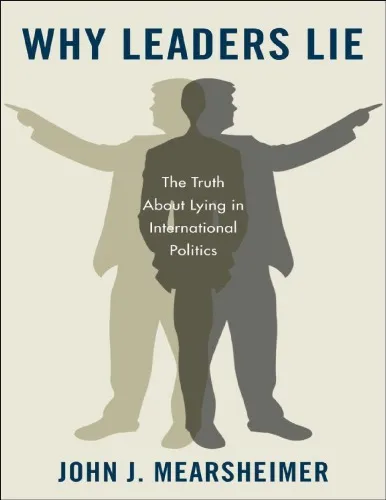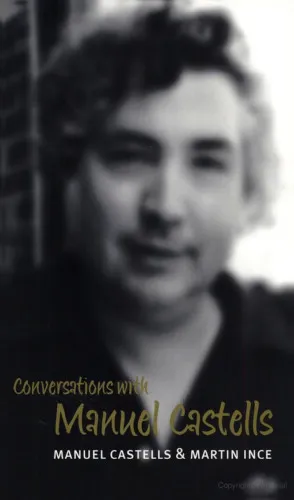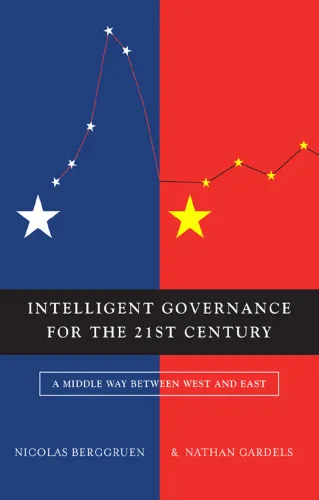Munitions of the mind: a history of propaganda from the ancient world to the present era
4.7
Reviews from our users

You Can Ask your questions from this book's AI after Login
Each download or ask from book AI costs 2 points. To earn more free points, please visit the Points Guide Page and complete some valuable actions.Related Refrences:
Analytical Summary
The book Munitions of the mind: a history of propaganda from the ancient world to the present era offers an unparalleled examination of how persuasion, influence, and information control have shaped human societies across centuries. Written with scholarly precision and deep historical insight, it navigates the evolution of propaganda from its earliest manifestations in ancient civilizations to the sophisticated mechanisms present in modern governance, warfare, and media.
Philip M. Taylor delves into the continuum of propaganda techniques, illustrating how rulers, religious authorities, and political movements have adapted messaging strategies to suit technological advances and cultural shifts. This historical sweep spans the public proclamations and monuments of antiquity, the pamphlets of early modern Europe, and the state-controlled broadcasts of the twentieth century, culminating in contemporary digital ecosystems. Each period is contextualized within its social, political, and economic realities, reaffirming that propaganda is not an aberration but a consistent instrument of human interaction.
While many works on propaganda focus narrowly on political regimes or wartime practices, this book's breadth distinguishes it. The analysis integrates both the overt forms of propaganda—posters, speeches, campaigns—and the subtler dimensions, such as cultural narratives, myths, and entertainment, that shape public consciousness over generations. Throughout, Taylor emphasizes continuity as much as change, leaving readers with a nuanced understanding that challenges simplistic notions of propaganda as purely manipulative.
Key Takeaways
For practitioners, scholars, and keen observers of communication, the book crystallizes several enduring lessons about the dynamics of influence and information.
Firstly, propaganda is embedded in the fabric of human society, transcending political boundaries and eras. Secondly, technological innovations—from printing presses to social media—transform scale and reach but rarely alter the fundamental principles of persuasion. Thirdly, ethical considerations about propaganda are historically contingent, and moral judgments must account for context. Finally, understanding propaganda requires a multidisciplinary lens, integrating history, sociology, psychology, and media studies.
Memorable Quotes
Propaganda is as old as human communication itself, only its tools have changed. Unknown
Understanding the past mechanisms of influence is essential to navigating today's information landscapes. Unknown
Every society tells itself stories; in propaganda, those stories have purpose beyond mere entertainment. Unknown
Why This Book Matters
In a world saturated with messages—both overt and covert—Munitions of the mind: a history of propaganda from the ancient world to the present era serves as a critical guide.
The relevance of this work extends well beyond historical curiosity. Professionals in media, politics, education, and public relations will find in it essential frameworks for identifying, analyzing, and responding to persuasive efforts at all levels. Academics will appreciate its rigorous documentation and cross-disciplinary approach. Given the accelerating pace of information dissemination in our time, the historical grounding provided here equips readers with tools to discern patterns and anticipate future developments.
Information unavailable regarding awards or formal recognitions; no reliable public source confirms such details. However, the impact of the book within scholarly circles remains evident from citations and course adoptions.
Inspiring Conclusion
Munitions of the mind: a history of propaganda from the ancient world to the present era is more than a chronicle; it is an invitation to think critically about how messages shape the world we inhabit.
By tracing the lineage of persuasive communication across the millennia, the book empowers readers to detect continuity and change in the art of influence. Whether you are an academic, policymaker, communicator, or engaged citizen, the insights contained within these pages will sharpen your ability to recognize and evaluate the forces that compete for your attention and beliefs.
The next step is clear: delve into the text, share its revelations with peers, and foster informed discussions that push beyond surface narratives. In doing so, you not only honor the scholarship behind this work but also contribute to a more discerning public sphere.
Free Direct Download
You Can Download this book after Login
Accessing books through legal platforms and public libraries not only supports the rights of authors and publishers but also contributes to the sustainability of reading culture. Before downloading, please take a moment to consider these options.
Find this book on other platforms:
WorldCat helps you find books in libraries worldwide.
See ratings, reviews, and discussions on Goodreads.
Find and buy rare or used books on AbeBooks.
1140
بازدید4.7
امتیاز0
نظر98%
رضایتReviews:
4.7
Based on 0 users review
Questions & Answers
Ask questions about this book or help others by answering
No questions yet. Be the first to ask!
